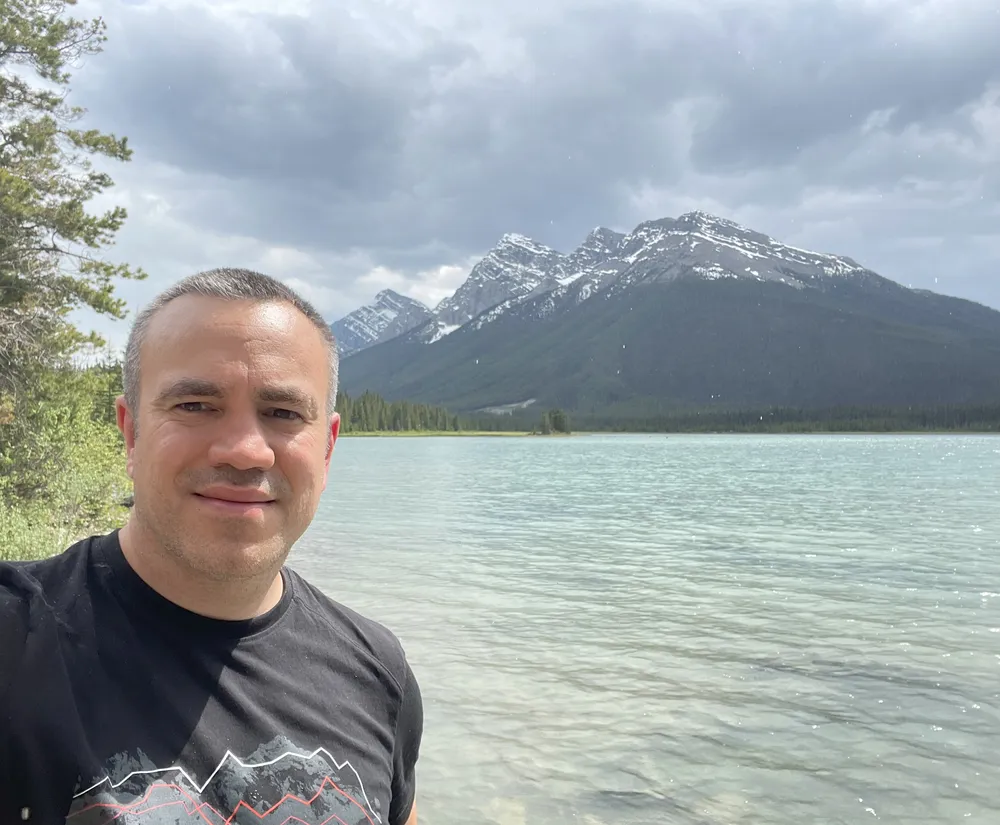Building relationships
As Brooklyn teacher Claire Skotnes, said, “nothing can be accomplished without a good relationship”. Effective organising is intentional about the type of relationships it builds between parents, teachers, and decision makers, as well as how they are sustained.
I saw three types of relationship building in action:
- Bonding within a community: strengthening relationships between people in the same group or community
- Bridging within a community: developing relationships between people of very different backgrounds within one place
- Bridging with decision makers: developing relationships with those outside of a community who hold hierarchical power.
In the UK, we must be intentional about how we develop these relationships in the education sector and how we train parents to do so in a way that builds winning campaigns.
Schools as anchor institutions
In the schools I visited, organising was embedded in the school’s role as a community hub. For example, Patricia Jackson, a parent in Camden, talked about how organising had helped her develop a “bond and relationship with the teachers and principals” which created a sense of belonging.
Research by UCL and the National Education Union has shown that belonging in school matters – it’s been shown to improve pupil attainment and wellbeing. At Mastery Schools, organising is placed at the heart of their strategy, intentionally sharing power with parents and building capacity with their communities in the long term.
There are growing examples of this strategic approach in the UK, such as Reach Academy Feltham and other schools working with the Reach Foundation, as well as Dixons Academies and Co-Op Academies Multi-Academy Trusts. But we need to see this become standard practice across the UK to improve outcomes for young people.
Organising and programmes
In organising, ‘people before programme’ is an important principle. But the two do not need to work in opposition. Child First, a sustained after-school programme, highlights that, in fact, linking programmes to organising can make this work more sustainable.
Programmes like Parent Power can emerge out of parent-led organising, becoming a sustainable way to continue the impact of winning campaigns while staying rooted in communities.









